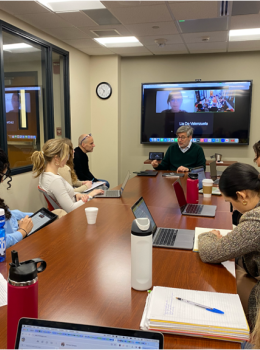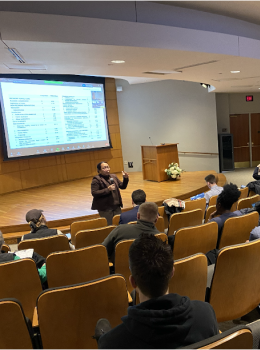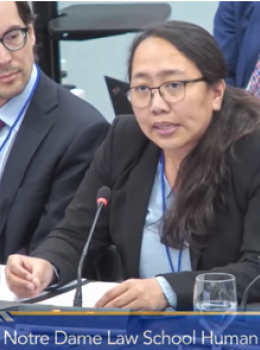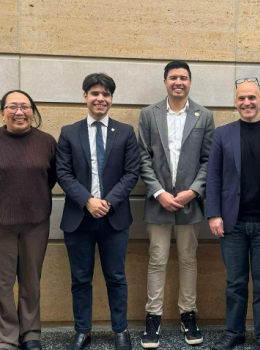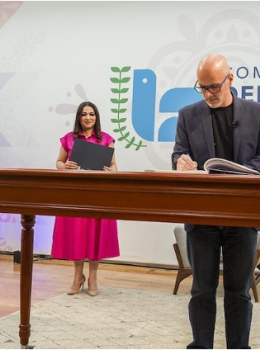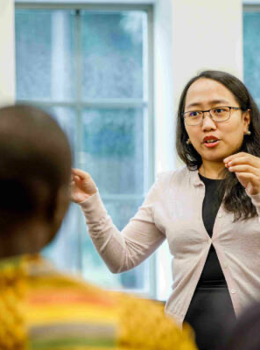POLICY AND PRACTICE RESEARCH LAB
Notre Dame Reparations Design and Compliance
PI's: Diane Desierto (law and global affairs), Aníbal Pérez-Liñán (political science and global affairs)
Jointly with the Klau Institute for Civil and Human Rights
The Reparations Lab creates datasets, develops and tests methodologies to assess the design of reparations and understand when States comply with reparative orders of international adjudication bodies, such as the Inter-American Court of Human Rights, the Inter-American Commission of Human Rights, the World Bank Inspection Panel, other international organs and domestic courts. The projects undertaken within the lab draw on quantitative and qualitative tools in political science and law to enable scholars to conduct comparative research into the design and effectiveness of reparative orders; orient the strategic framing of human rights reparations to facilitate stakeholders’ monitoring of state compliance; and to contribute to ongoing reform debates on the power and procedures of international tribunals.
About the Reparations Lab
The Notre Dame Reparations Design and Compliance Lab focuses on the question: Under what conditions do states comply with orders of international tribunals in human rights cases?
The Notre Dame Reparations Design and Compliance Lab is dedicated to examining the conditions under which states adhere to orders issued by international tribunals in human rights cases. The Lab, comprised of faculty, graduate, and undergraduate students, approaches reparations and human rights issues from academic, policy, and practical perspectives. Its primary activities include:
- Generating datasets to facilitate comparative research on the design and efficacy of reparative orders.
- Crafting and evaluating methodologies for assessing state compliance with reparative orders from international adjudication bodies.
- Contributing to ongoing discussions on reforming the authority and procedures of international tribunals.
Jointly funded by the Kellogg Institute and the Klau Institute for Civil and Human Rights, the Reparations Lab (RL) pursues three main objectives:
- Establishing a research agenda concerning compliance with human rights measures.
- Providing training to Notre Dame students and international legal scholars in compliance assessment methodologies.
- Collaborating with international adjudication bodies to enhance data reliability and improve compliance trends.
The lab empowers scholars to conduct comparative research on reparative judgments' design and effectiveness, facilitates the strategic framing of human rights reparations to enhance stakeholder monitoring of state compliance, and contributes to ongoing discussions on reforming the authority and procedures of international human rights tribunals.
The Reparations Lab primarily produces datasets, publications, compliance reports for international tribunals, and special procedures. It also supports various courses offered by the Keough School, the Law School, and the College of Arts and Letters.






